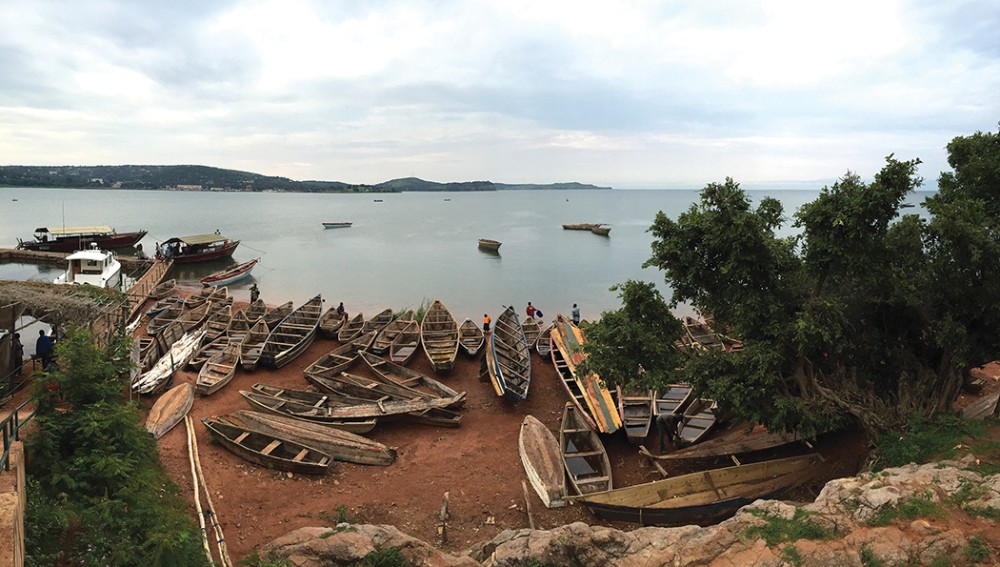In Africa's Great Lakes region, the church is growing—and so is climate conflict
If the water keeps drying up, Christians and Muslims alike will suffer appallingly.

Climate change will transform the world in many and various ways, and the consequences for people of faith will be far-reaching. One threatened area is the Great Lakes region of central and eastern Africa, home to Lakes Victoria, Tanganyika, and Nyasa, as well as to rapidly growing Muslim and Christian populations.
Some of the Great Lakes drain into the Congo River to the west and others into the Nile, which runs over 4,000 miles to the Mediterranean. Those water systems are essential for the continued flourishing of some of the world’s most populous and most rapidly growing nations. By 2050, a billion Africans will be living in areas directly dependent on the Nile. Adding the larger Great Lakes region to the picture raises this water-dependent population by some hundreds of millions more.
The countries of the Nile and Great Lakes territories have resisted the worldwide trend toward lower fertility rates and smaller families. Between 1900 and 2050, the populations of most of these territories will have grown by a factor of twenty or thirty or more. Uganda, which in 1900 had perhaps 2 million people, is expected to have 90 million by 2050.




